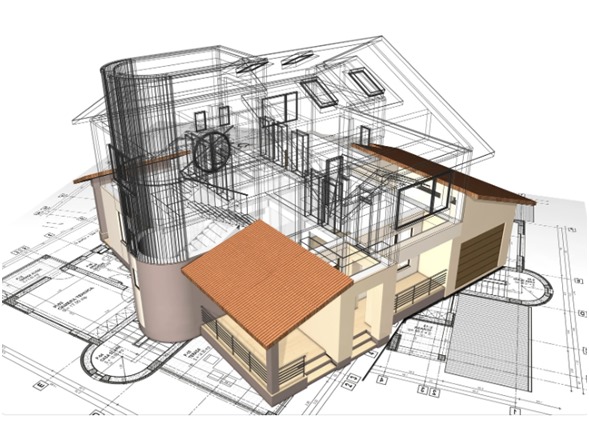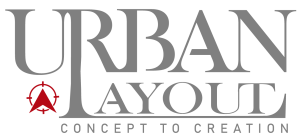Architectural Consultancy

- Design Expertise: Architectural consultants bring specialized design knowledge and skills to projects, helping clients translate their ideas and requirements into well-conceived architectural solutions. They consider factors such as spatial organization, functionality, aesthetics, sustainability, and regulatory compliance to create designs that meet both the client’s needs and industry standards.
- Creative Vision: Architectural consultants provide fresh perspectives and innovative ideas that inspire creativity and originality in design. Their creativity can lead to unique architectural solutions that enhance the identity and character of a project, whether it’s a residential, commercial, or institutional building.
- Technical Proficiency: Architectural consultancy firms employ professionals with expertise in various technical aspects of architecture, including building codes, construction materials, structural systems, mechanical systems, and building technology. Their technical proficiency ensures that designs are not only aesthetically pleasing but also feasible, durable, and compliant with regulations.
- Project Management: Architectural consultants often offer project management services to oversee the planning, coordination, and execution of architectural projects. They manage project timelines, budgets, and resources to ensure that projects are completed on schedule and within budget while meeting quality standards and client expectations.
- Regulatory Compliance: Architectural consultants have a deep understanding of building codes, zoning regulations, and other legal requirements governing the construction and development of buildings. They ensure that designs comply with relevant regulations and obtain necessary approvals from regulatory authorities, minimizing the risk of delays, fines, or legal issues.
- Cost Efficiency: By leveraging their expertise and experience, architectural consultants can help clients optimize project costs without compromising quality or design integrity. They identify cost-saving opportunities, value-engineering solutions, and efficient construction methods to maximize the return on investment for clients.
- Client Advocacy: Architectural consultants act as advocates for their clients, representing their interests and priorities throughout the design and construction process. They facilitate communication between clients, contractors, and other stakeholders, ensuring that everyone is aligned and informed to achieve project goals successfully.
Overall, architectural consultancy brings value to architectural projects by providing design expertise, creative vision, technical proficiency, project management capabilities, regulatory compliance, cost efficiency, and client advocacy. Whether it’s a small renovation or a large-scale development, architectural consultancy plays a critical role in realizing the vision and objectives of clients.
